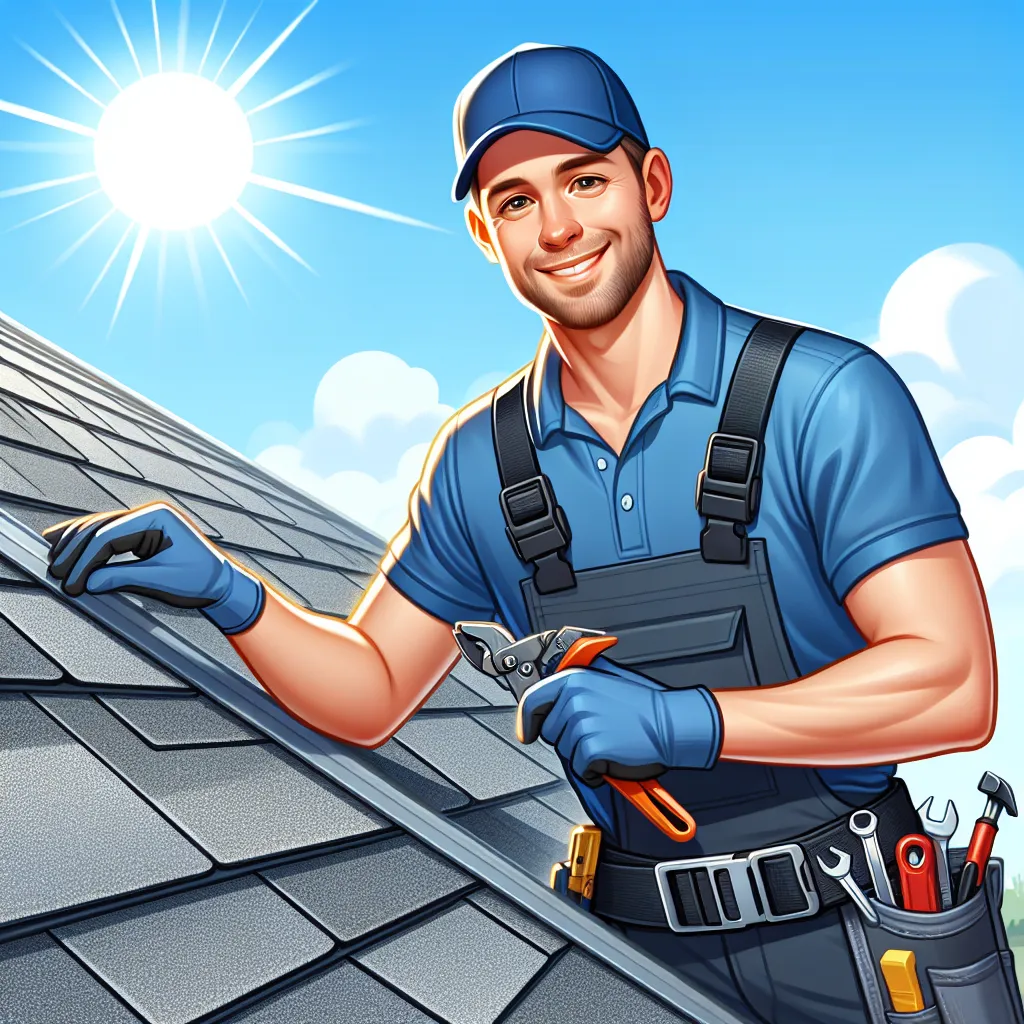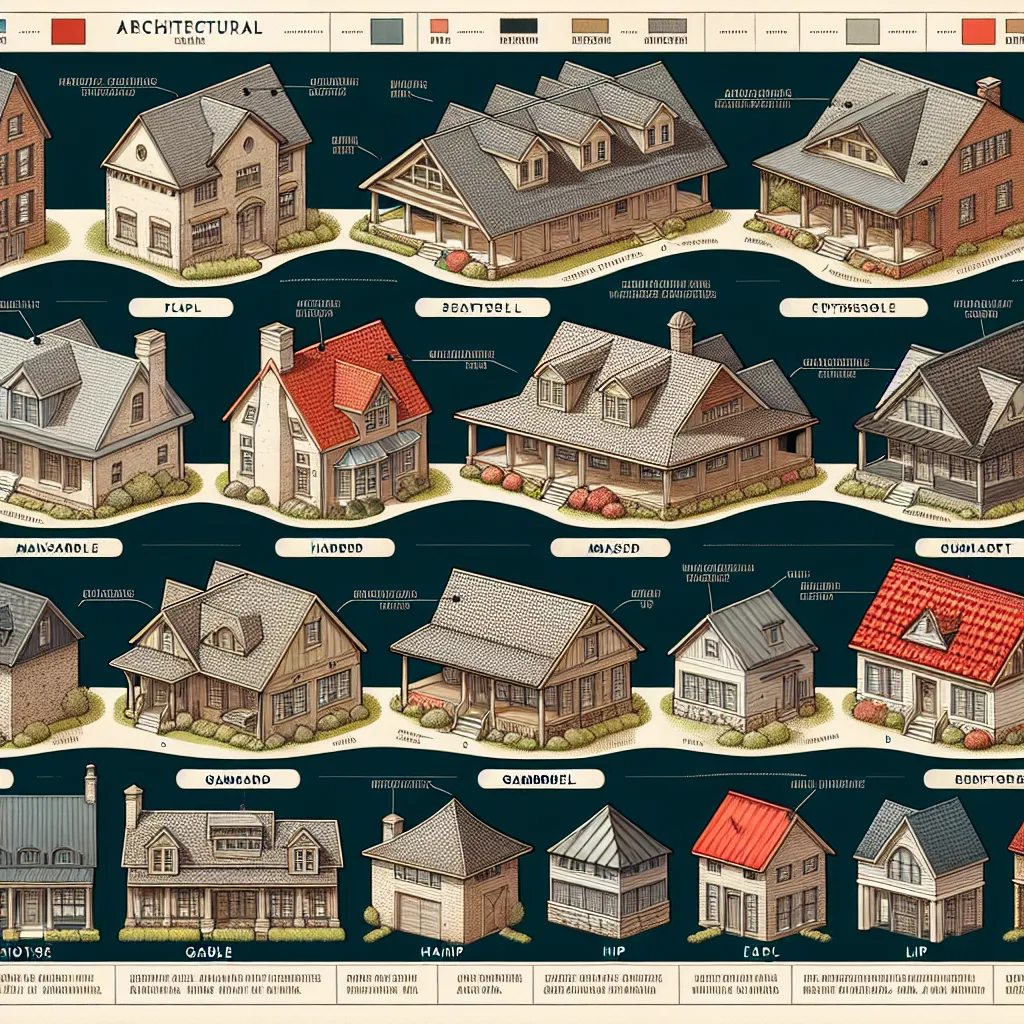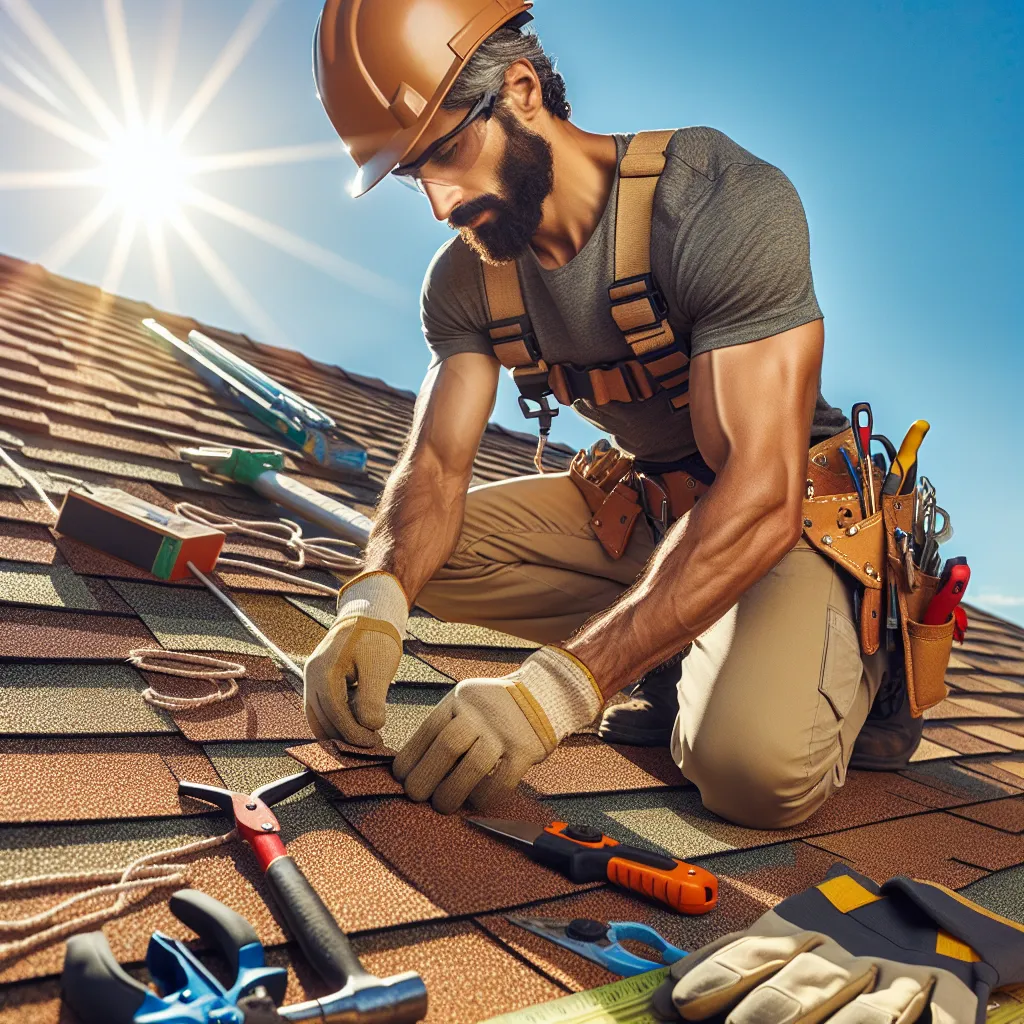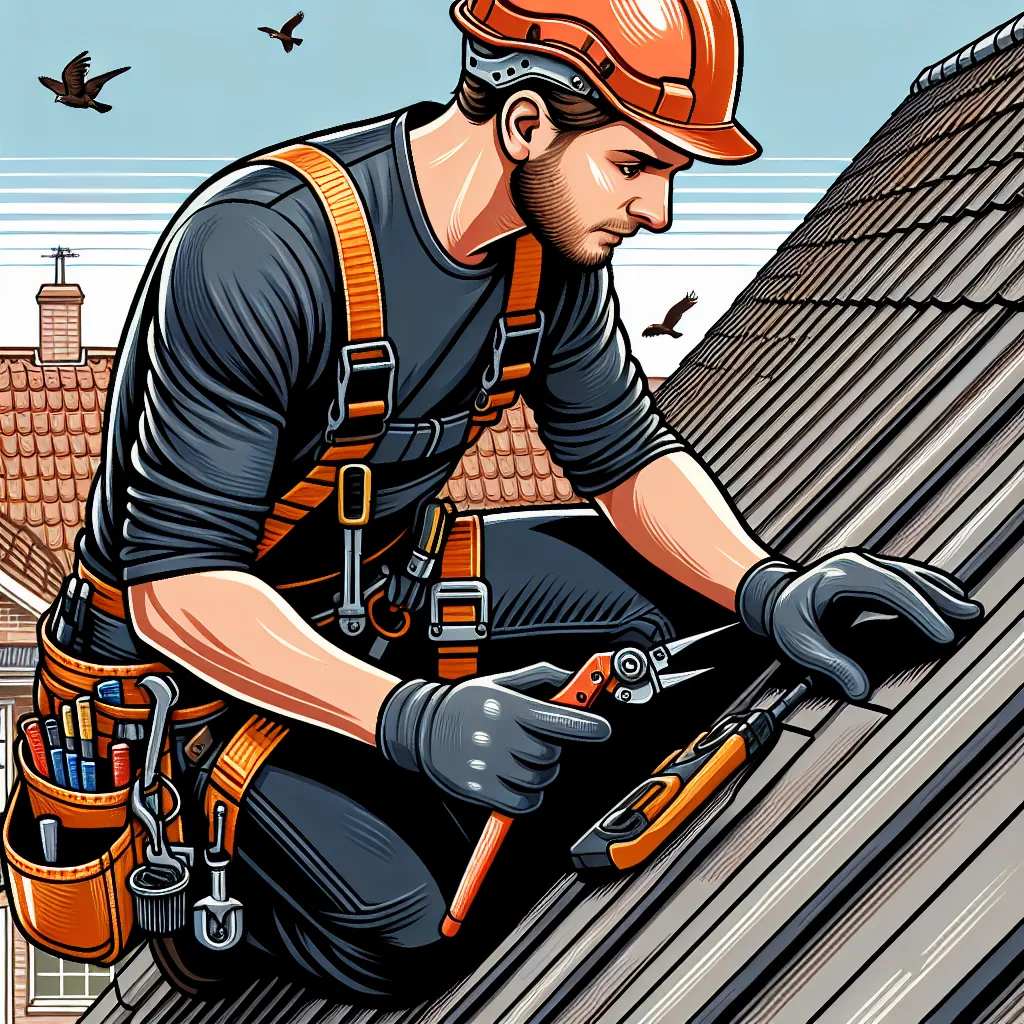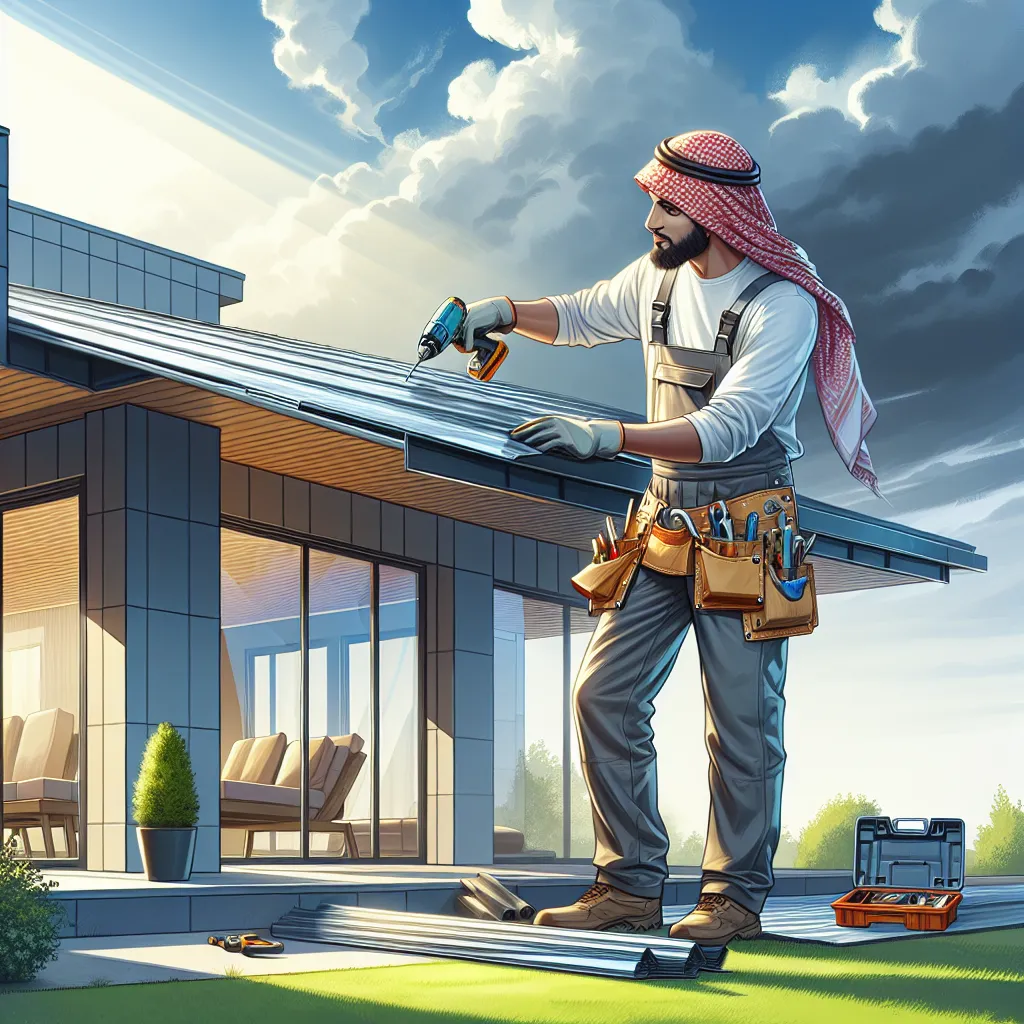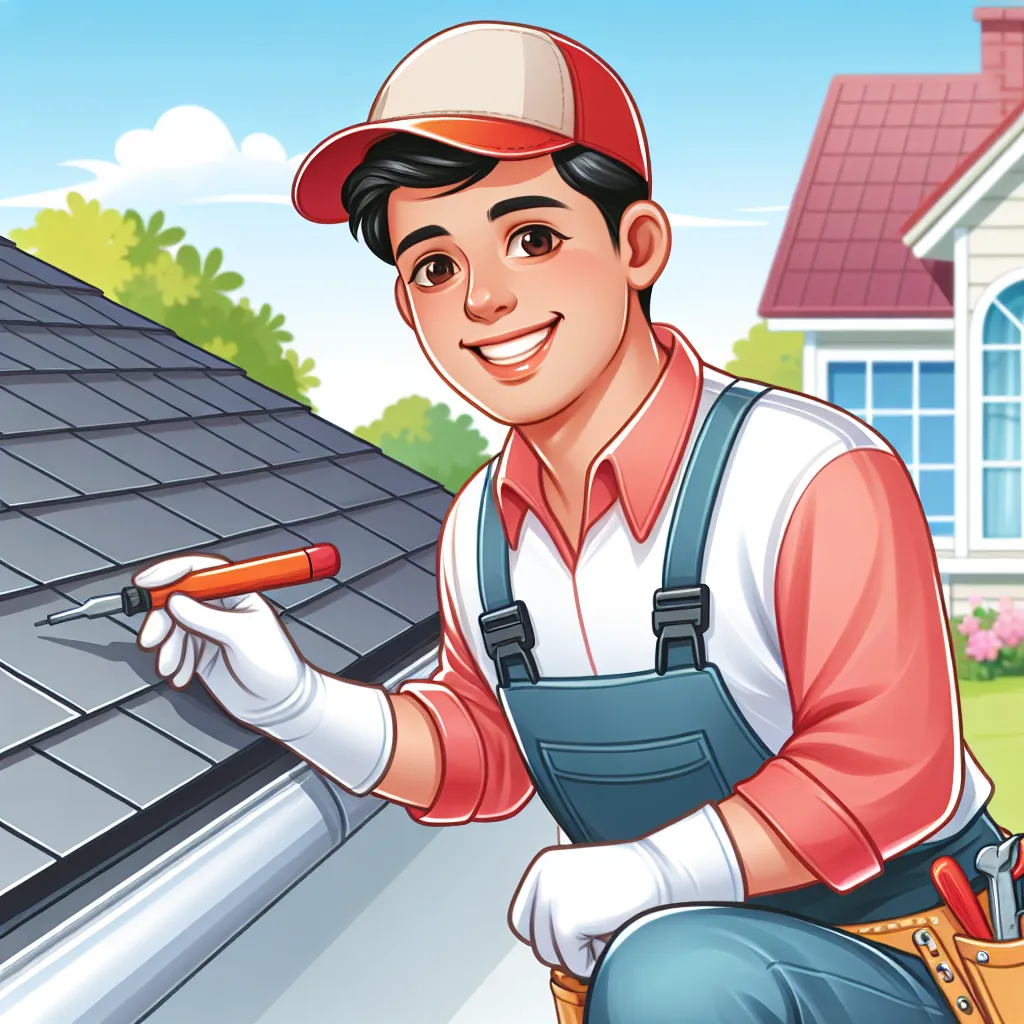Roofing
-
Locating the Best Roofer Contractor Near You
Discover how to find a trustworthy roofer contractor near me with expert tips, local advantages, and key factors for quality roofing services.
-
How to Find the Best Roofers for Your Home
Learn everything about roofers—how they work, what to consider when hiring, and tips to find skilled roofers for your roofing projects.
-
Choosing the Right Roof Replacement Company
Learn how to select a reliable roof replacement company that protects your home, offers quality materials, and ensures long-lasting results.
-
Mastering the Art of Finding a Roofer You Can Trust
Learn how to find a roofer with expert advice, tips on evaluating contractors, and ensure your roof is installed correctly for lasting protection.
-
Finding Reliable Roof Replacement Contractors for Your Home
Learn how to select the right roof replacement contractors to ensure a durable, safe, and cost-effective roofing project. Expert tips included.
-
How to Choose the Best Roof Replacement Contractor
Learn how to find a reliable roof replacement contractor with tips on costs, questions to ask, and what to look for to protect your home.
-
Understanding Roofing Quotes Near Me
Discover everything about roofing quotes near me—how to evaluate, compare costs, and ensure you get the best value for your roof replacement.
-
How to Choose Reliable Roofers Near Me
Discover how to find trusted roofers near me with expert tips, local knowledge, and what to look for to ensure quality roofing service.

